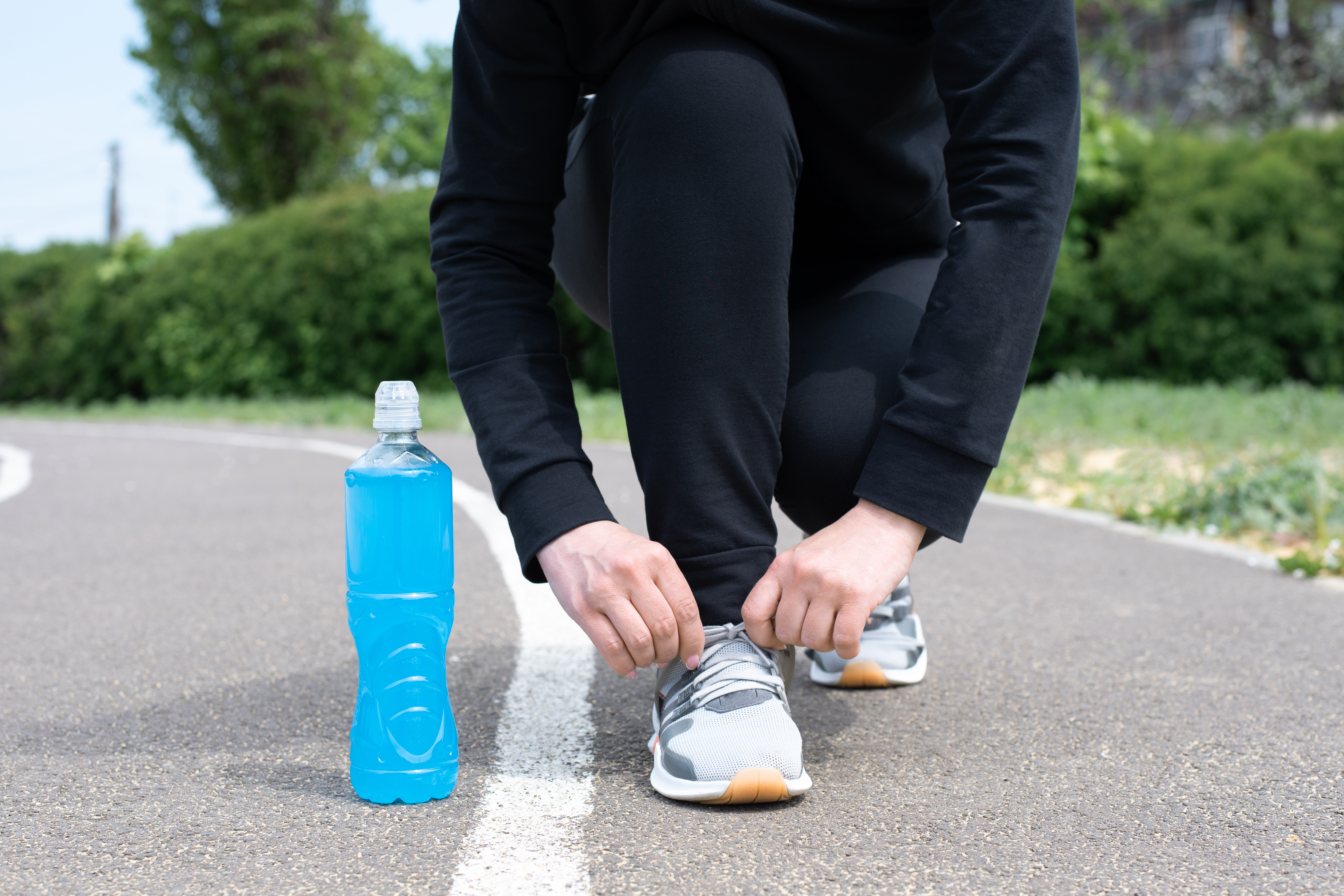10 Pros and Cons of Isotonic Drinks You Should Know Before Your Next Sip
In the bustling world of fitness and hydration, isotonic drinks have carved out a significant niche. These beverages, engineered to match the body's natural fluid balance, promise rapid rehydration and replenishment of vital electrolytes. As athletes and fitness enthusiasts reach for these drinks to boost performance and recovery, it becomes crucial to dissect the complex interplay of benefits and drawbacks each sip might bring. This article embarks on a comprehensive exploration of isotonic drinks, unraveling their composition, physiological impacts, and the broader implications of their consumption. From the science behind isotonic formulations to their role in athletic performance and potential health concerns, we aim to provide a nuanced understanding of these popular hydration solutions.
1. The Science of Isotonic Drinks: Composition and Functionality

Isotonic drinks are designed to match the osmolarity of human blood, typically around 300 milliosmoles per liter. This means they contain similar concentrations of salts and sugars as the body, which allows for quick absorption into the bloodstream. Their main components—water, electrolytes like sodium and potassium, and carbohydrates such as glucose or sucrose—are carefully balanced to ensure efficient hydration and energy delivery. When properly formulated, these drinks can support optimal hydration and energy levels during prolonged or intense physical exertion.
2. Hydration and Electrolyte Balance: The Core Benefits

During intense physical activity, the body loses water and electrolytes through sweat, which can lead to dehydration if not replenished. Isotonic drinks help restore this balance by quickly replacing fluids and electrolytes, preventing symptoms like muscle cramps, fatigue, and dizziness. The carbohydrates in these drinks also provide a fast energy source, which supports endurance and recovery, especially in high-performance situations.
